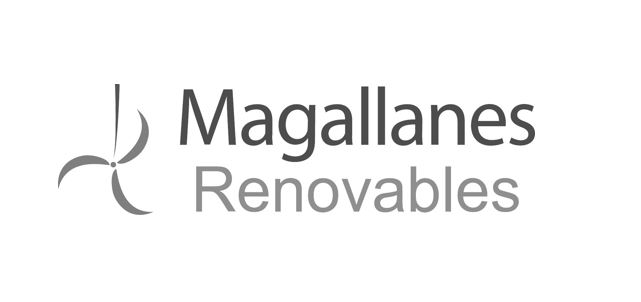Blog: This is not a drill
What do you do when the fire alarm goes off?
- Stop what you are doing.
- Take some simple precautions (grab your coat, shut the windows to reduce the impact).
- Exit the building by the safest and shortest route, and call the fire brigade.
- Assemble and take stock.
- Only re-enter the building when told it is safe to do so and at that point ’business as usual’ can be restored.
We all know the drill! We have done it many times and the sheer familiarity with it has saved lives. Etched in one of my earliest memories, I recall doing a fire drill at primary school and being disappointed that there wasn’t real smoke and pretend flames.
So you have to ask yourself; are we reacting correctly to the climate alarm now that it has gone off? Have we stopped what we are doing, collected our coats and taken action?
No. Fossil fuelled life trundles on pretty much unabated with the only appreciable difference being that we made a good chunk of our electricity in 2019 from renewables.
We have kept producing and consuming unsustainably, and still spend more government money promoting damaging the climate than we do on supporting it.
The UK spends €12 billion on supporting fossil fuels vs €8.3 billion on supporting renewables
It is hard not to visualise parts of UK plc sitting determinedly in ‘the meeting room’ shouting above the noise of the alarm and complaining that the din is making it hard to carry on with ‘our important jobs’. But outside the meeting room people are paying attention, self-organising and moving towards the exits.
And around the meeting room table, some people are getting restive as they know that someone is going to burst into the room in a minute and yell to stop and get out.
But some seem determined to keep up the pretence that business as usual is OK.
It isn’t. It really isn’t.
What do we do when we commit to action when the fire alarm sounds?
We stop whatever we are doing. It is not just those doing activities that are directly causing the problem. The paper shufflers and the cleaners, the management and drivers, the marketers and the builders; we all stop doing the thing we are paid for and do something more important.
We get out of the building, get out of the way and we let the emergency services do their thing.
We execute these planned behaviours as efficiently as possible and go to fire exits which have been established. These exits do not contain obstructions and they are the most effective way to take the right action and get out quickly and safely.
Let’s consider why we have the fire procedures and exits we all take for granted. Afterall, they cost money to install, they take up valuable retail/office space and they are very rarely used. But when they are needed we find they have been built to the right design and operate properly. We forget that those details were developed from bitter experience. The 183 children who died in the Victoria Theatre in Sunderland in 1883 perished because the emergency doors were deliberately blocked and opened inwards. We learnt from that and fire doors now open outwards with serious penalties in place for obstructing fire exits.
Even the US, a country known for its loathing of regulations, does not mess about with fire. Thousands lost their lives over many years: Chicago City (1871), 300 lives; Iroquois Theatre (1903), 620 lives; Triangle Shirtwaist Company New York (1911), 147 lives; Ohio Penitentiary (1930), 320 lives; Cocoanut Grove Boston (1942), 492 lives. It took years, and no doubt a lot of table pounding and leadership, to get these un-business-like ‘burdens’ of fire escapes and proper precautions driven through. But now messing with the fire code is not only socially unacceptable it is also aggressively prosecuted. And rightly so.
In terms of the climate emergency we do not seem to have achieved that awareness of the importance of proactive precaution. Yet. Maybe the terrible fires in Australia will be the moment we actually woke up and smelled the smoke; literally. Time will tell.
Following the metaphor further; would I really let someone light a candle in a fire escape during a fire evacuation, or put in a coin operated turnstile in a fire exit to generate revenue from the precaution, or find ways to put more combustible material into a burning building?
No of course not.
So how can I approve of local authorities both declaring an emergency and then buying more diesel and petrol vehicles; of letting government put up VAT on energy saving devices rather than slashing it, and going along with continuing to look for yet more oil and gas when we cannot safely use what we already know about.
Are these the responses we need? Clearly not.
So what should we do? Well we could reverse those three pieces of lunacy for a start.
But there is another interesting side effect of fire drills; you end up talking to people you don’t normally rub shoulders with in the procession to the assembly points or standing waiting for the all-clear. I expect as much gets done through chatting during the drill as would have happened in sending an email to those in the ‘business as usual’ meeting room.
Should we arrange a Climate Drill?
Should we stop doing business as usual and realise that the way we are working, is not working?
Is 2020 the year when we finally realise that stoically shouting above the alarm might not be the best strategy?
Maybe we do need to grab our coats and go and talk to people in the car park after all. Maybe THAT should be the new usual.
Anybody fancy a chat? I’ll get my coat…

Neil Kermode
EMEC Managing Director





